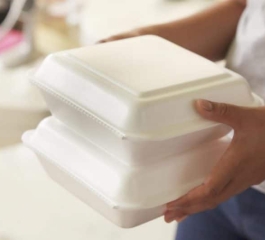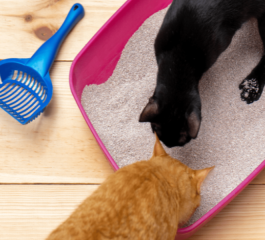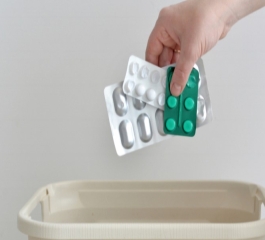Therefore, it is imperative to understand what impacts they cause and how to avoid such problems.
Is a toothbrush recyclable?
Many people question whether toothbrushes are recyclable. The good news is that the plastic handle and bristles are theoretically recyclable.
However, it is worth emphasizing care when discarding them in recyclable waste, as the probability of being considered waste and sent to landfills is greater than the chance of being recycled.
Although they are recyclable, not all materials are equally viable for recycling, and that includes toothbrushes.
Manufacturers often produce these brushes with different types of materials, such as plastic for the bristles and rubber elements or another type of plastic for the handles.
This complexity in composition makes the recycling process more expensive and complicated, requiring manual or mechanical separation of materials.
Therefore, toothbrushes currently face challenges to be recycled effectively, despite being considered recyclable in theory.
How to dispose of them?
The disposal of toothbrushes depends entirely on the materials used in their manufacture and the recycling options available in your region, as there are several ways to do this.
However, there are general factors and guidelines that, when followed, help in the responsible and sustainable disposal of the object.
See below, what they are:
1.Check the composition:
Before disposing of the toothbrush, check that information about the materials used is available. Some brands may offer specific guidelines on their packaging.
It is therefore important to seek out this information before proceeding with proper disposal.
2.Separate the bristles:
If possible, remove the bristles from the toothbrush. On some brushes, the bristles may be made from a type of recyclable plastic, while the handle may be another material.
Separating these components facilitates the recycling process, if feasible.
3.Common Trash:
If no recycling or composting option is available, you can dispose of the toothbrush in the regular trash.
However, it is essential to check your region’s waste collection rules to ensure that brushes are accepted in regular waste.
4.Recycling programs:
Some brands or organizations have recycling programs dedicated to toothbrushes.
It is therefore recommended that you check the existence of collection and recycling initiatives in your area or specific places where you can leave your used toothbrushes for this purpose.
5.Sustainable alternatives:
Think about using toothbrushes that work towards sustainability, made with recycled or biodegradable materials, so that they are more eco-friendly.
This choice can contribute to reducing the environmental impact of future disposal.
Problems caused by incorrect disposal of toothbrushes
Toothbrushes, if disposed of incorrectly, cause a series of environmental problems. Among them, we can mention:
1 – Pollution of oceans and rivers: Improper disposal of toothbrushes can lead them to rivers and oceans through sewage systems or solid waste, harming marine life and causing negative impacts on aquatic ecosystems.
2 – Greenhouse gas emissions: The manufacture of toothbrushes uses natural resources and emits greenhouse gases, in addition, since they are improperly disposed of in landfills, they release gases that are harmful to the environment. p>
3 – Harm to wildlife: Improper disposal of toothbrushes directly affects wildlife. Marine and land animals often confuse plastic waste with food, ingest it and thus suffer health damage, generating negative consequences in the food chain.
Conclusion
In summary, the article addresses the correct disposal of toothbrushes and their recyclability. Although theoretically recyclable, brushes face challenges due to the complexity of the materials used in their manufacture.
Incorrect disposal can lead to environmental problems, such as polluting oceans and rivers, greenhouse gas emissions and harming wildlife.
Adopting conscious and sustainable practices is essential to minimize the environmental impact.


